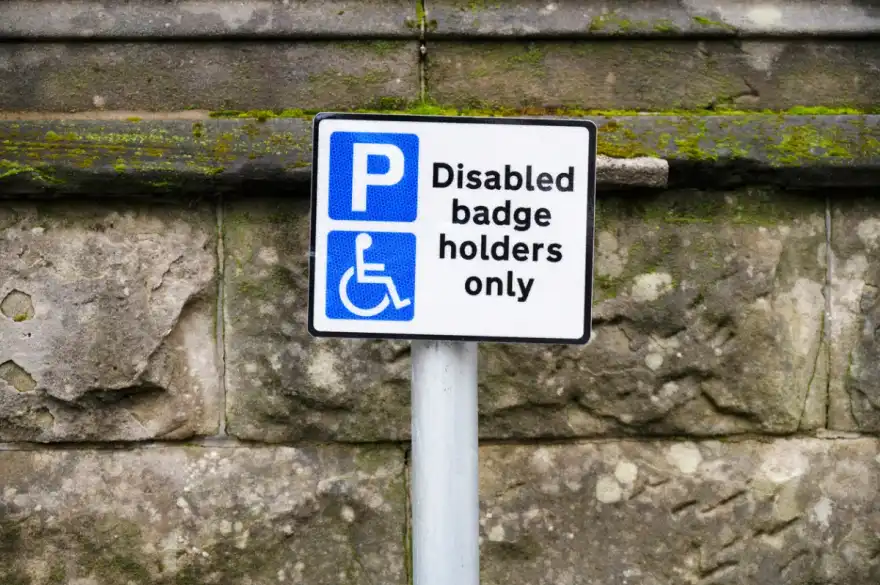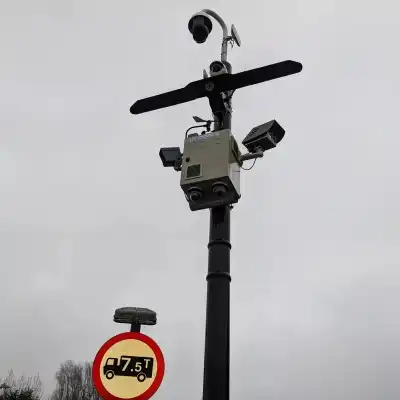
Fraud involving Blue Badge parking permits is increasing sharply, with more counterfeit and misused badges in circulation than ever before.
The Blue Badge scheme allows people with disabilities to park in designated bays closer to their destinations. However, investigators say the system is being heavily exploited, with badges being forged, altered, stolen, or traded online.
A growing issue is people using a relative’s badge without the badge holder present. In some cases, permits belonging to deceased individuals are still being used illegally.
Paul Slowey, from the Blue Badge Fraud Investigation (BBFI) agency, said the scheme is being “thoroughly abused” by drivers seeking to avoid parking charges.
In Wales, Blue Badges are free; in England they cost £10, and in Scotland £20. Permits usually last up to three years and allow free parking, often without time restrictions, depending on local rules.
As of March 2023, government figures show there were 2.57 million active Blue Badges in England - around one in twenty people. That number has grown by 5.7 per cent in just a year. At the same time, reports of misuse have surged from a few hundred cases in 2016 to more than 3,500 in 2023.
The incentive for fraud is clear: parking in major cities such as London can cost up to £5.90 an hour. Fraudsters have been found selling stolen or counterfeit badges for hundreds of pounds.
The British Parking Association (BPA) warns that widespread abuse of the scheme “undermines its integrity” and makes everyday life harder for those who genuinely need it.
The BBFI, based in Brighton and Hove, works with councils to check that badges are being used properly. Mr Slowey is calling for stronger enforcement and more prosecutions to deter fraud.
The Local Government Association said councils will act where possible, but limited resources mean they must balance competing priorities.
A Department for Transport spokesperson added:
“Exploitation and abuse of the Blue Badge scheme is completely unacceptable. It is a vital resource that helps people with disabilities or health conditions travel with confidence, enabling them to park closer to their destination. We are working with local authorities and the police to crack down on fraud and misuse.”
The Most Common Types of Blue Badge Fraud
According to the National Blue Badge enforcement agency, the main forms of abuse identified between 2016 and 2023 include:
- Theft of genuine badges
- Production and sale of counterfeit permits online
- Use of badges belonging to deceased individuals
- Borrowing a family member’s badge without the holder present
The last example - often dismissed as harmless - is in fact the most common. But it has real consequences: every time a badge is misused, a legitimate badge holder may be denied a space, potentially stopping them from attending appointments, meeting friends, or living independently.
The BPA is urging the government to give councils stronger powers and tools to clamp down on this growing problem.



